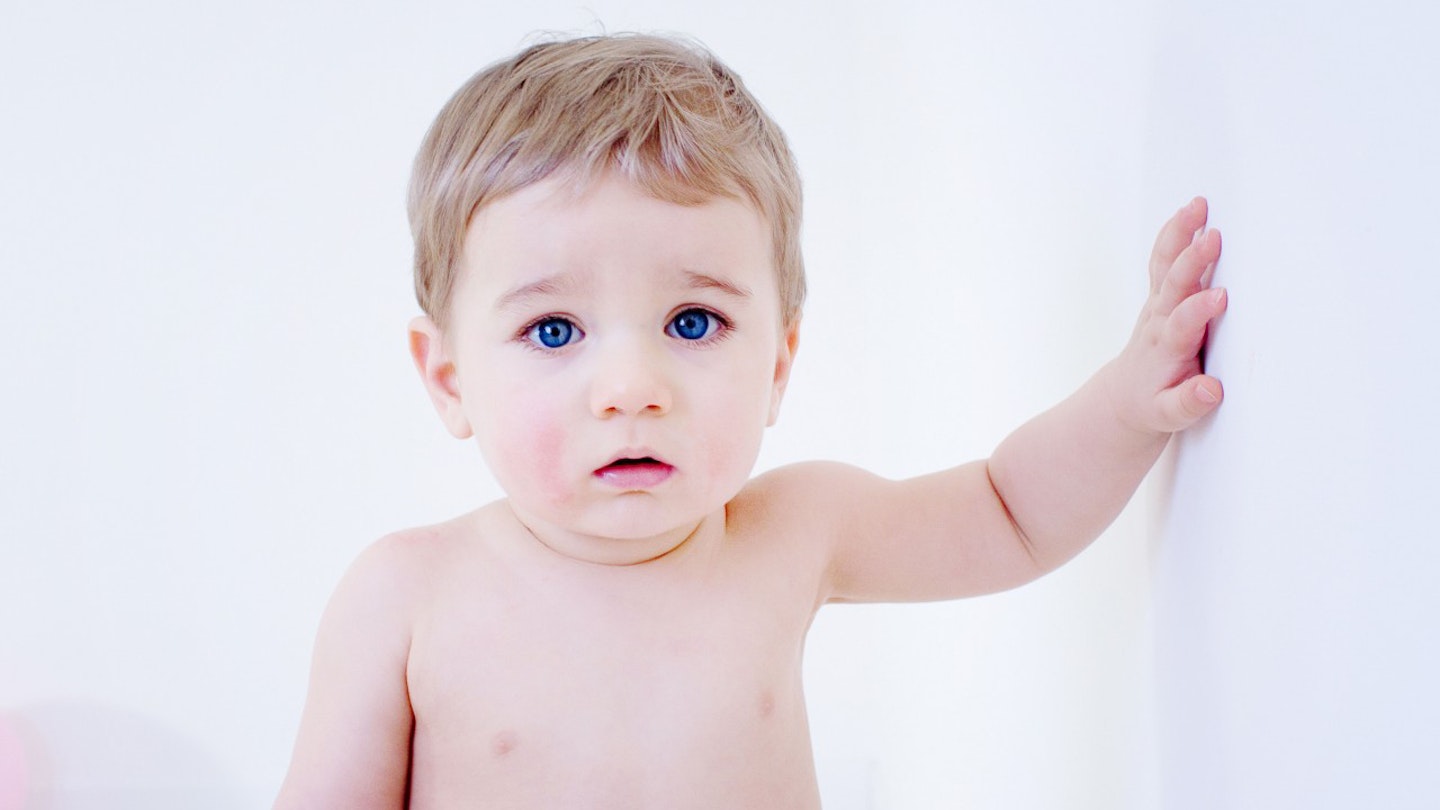Anaemia may not be a condition you’d normally associate with babies and toddlers, but it’s surprisingly common (and easily fixed)
You may be more used to your mum friends diagnosing themselves with anaemia because they’re sooo tired (erm…).
But this energy sapping condition can affect babies and toddlers too – especially if they’re being a fussy eater.
What is anaemia?
Anaemia occurs when there is a lack of iron in your baby’s body that causes a dip in levels of haemoglobin (the oxygen carrying part of a red blood cell) or reduces the amount of red blood cells he has.
As your baby’s body tissues receive less oxygen than they need, they can’t function effectively.
‘There are several types of anaemia,’ says Professor Mitch Blair, from the Royal College of Paediatrics and Child Health. ‘Each has a different cause, although iron deficiency anaemia is the most common.’
Babies and toddlers under two are most likely to become anaemic as they are growing rapidly and need more iron, which they don’t always get in their limited diet.
What are the symptoms that your baby has it?
Unfortunately, anaemia is often hard to recognise, as a lot of babies don’t display any symptoms.
Your baby should be screened during his first two years
‘When there are symptoms, your baby will appear to have pale skin and be very tired,’ says Professor Blair. Other signs of anaemia include loss of appetite, irritability and a rapid heartbeat. Your baby should be screened during his first two years to test if his haemoglobin levels are low.
How is it treated?
Your baby needs to absorb about 1mg of iron per day. Breastfed babies need less, because iron is absorbed three times better as breastmilk. If you’re bottle feeding, opt for a formula that’s rich in iron.
For weaning babies, boost their intake by giving foods rich in iron. ‘Give meals that include eat leafy vegetables, wholegrains, beans and raisins,’ advises Professor Blair.
But dietary changes aren't always enough – your baby may also need supplements. ‘If this is the case, your GP will prescribe it,' says Professor Blair. ‘Never give your baby supplements without consulting your doctor as too much iron can be poisonous.’
How serious can anaemia get?
The long-term effects of anaemia are different in every baby. Often, it’s a temporary illness that can be rectified with a change in diet or possibly medicine.
However, more serious cases may lead to further complications that require on-going medical attention. Your baby’s doctor will advise on the course of action to take.
The good news is, once anaemia is diagnosed, the effects of it are easy to fix with some simply nutritional changes or a course of medicine.
